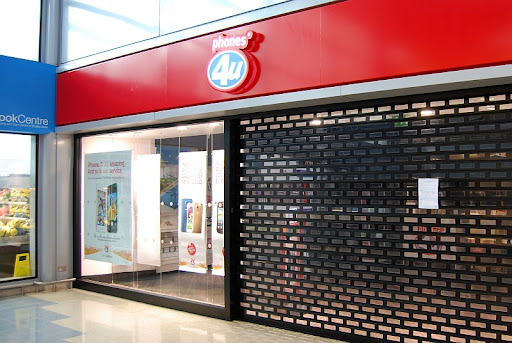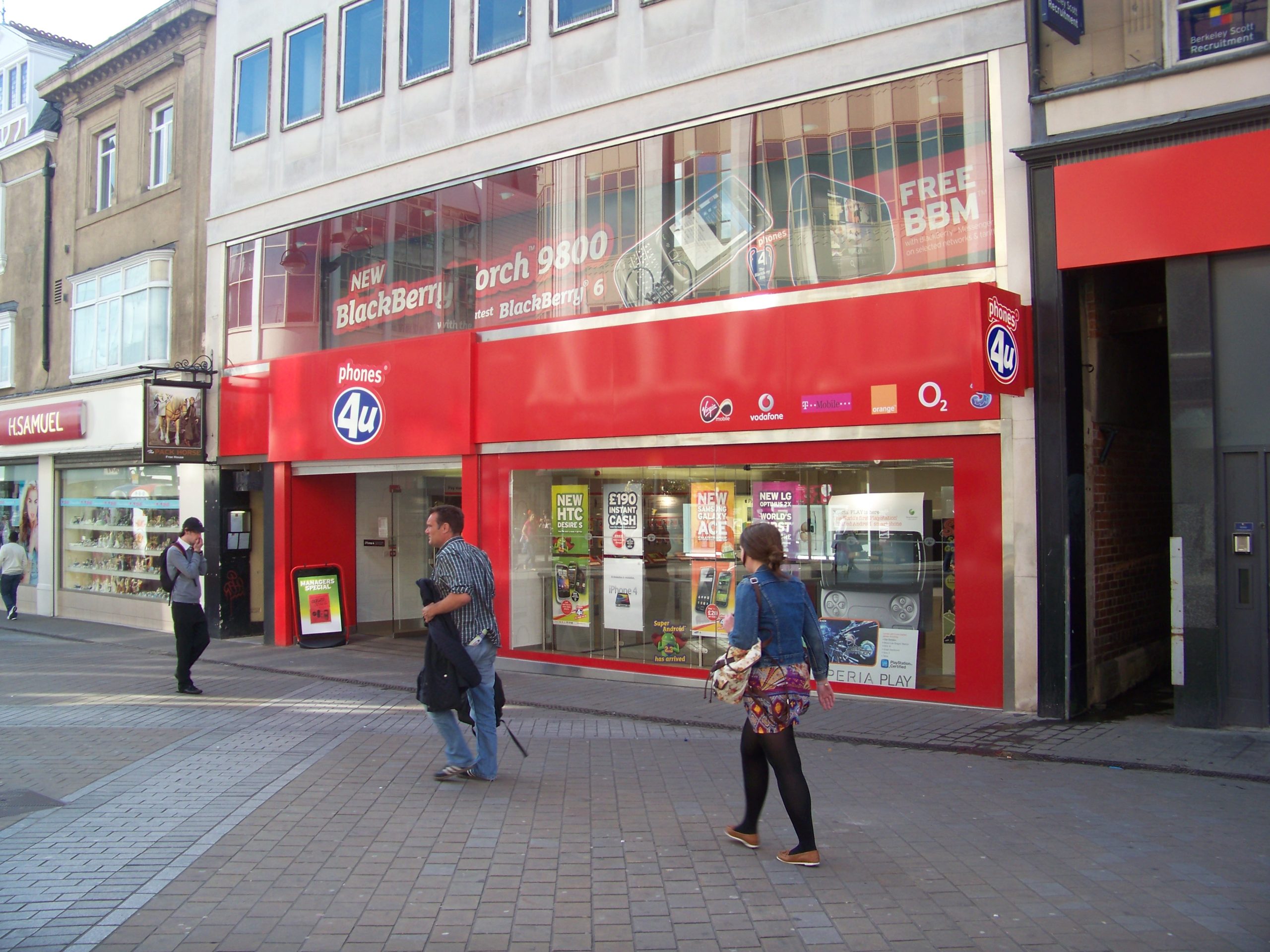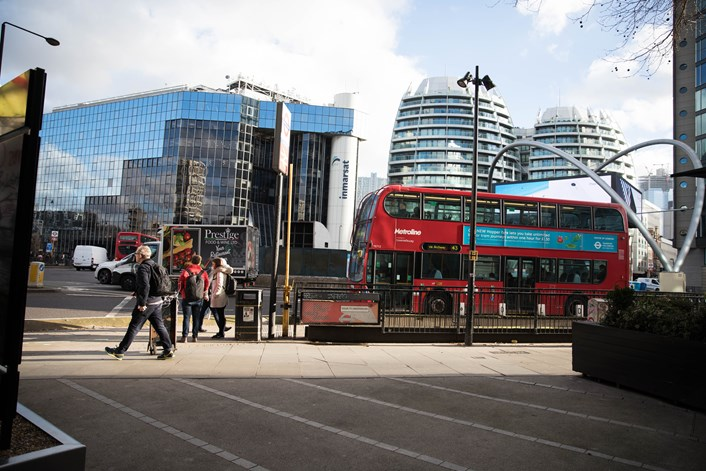Phones 4u was one of the UK’s biggest and most recognisable high-street brands, rising to prominence in the 2000s with the explosion of the mobile phone market. Ultimately, the company went bankrupt, but what led to its downfall?
In 2011, Phones 4u was acquired by private equity firm BC Partners, in a deal valued at up to £700 million. At the time, the chain had over 500 stores and was sold by Providence Equity Partners in a secondary buyout ranging from £600 million to £700 million. Providence had initially purchased the business from John Caudwell in 2006 as part of a broader £1.46 billion deal, where Caudwell earned £1.2 billion.
The previous year, Phones 4u demonstrated robust growth, reporting a 20% increase in sales to over £900 million. BC. Partners expressed optimism about the future growth potential of the business, particularly in the smartphone market catalysed by devices like the iPhone.
Phones 4u’s Chief Executive, Tim Whiting, expressed delight at BC. Partners’ support, highlighting their impressive track record in business growth at the time of purchase, but ultimately, the success story did not last.
The Downfall
Things took a turn for the worse, and many factors happened. So how did one of the biggest companies trading in the UK at the time meet its demise? Well, there were several reasons.
Dependency on a Few Suppliers
Phones 4u, despite having a broad customer base, faced a significant challenge with its heavy reliance on a small number of critical suppliers in the oligopolistic mobile phone market. Losing partnerships with Three in 2012, O2 in January of the current year, and Vodafone and EE proved detrimental.
Private Equity Handling
The private equity owner, B.C. Partners made a strategic move in September of the previous year by raising £205 million in bonds on the Irish stock exchange. BC. Partners left the business with a substantial £635 million debt by extracting the cash as a special dividend. Questions arise about the foresight and intentions behind this decision, especially considering their knowledge of deteriorating negotiations with network providers.
Lack of Strategic Direction
Phones 4u needed a clear strategy for survival and growth in the rapidly evolving technology landscape. In contrast to businesses like Diageo, which have diverse offerings and geographic markets, Phones 4u needed to improve earnings visibility in the dynamic tech sector. The shift from traditional phones and contracts to many devices and services posed challenges for the company to navigate successfully.
Compared to successful businesses, Phones 4u’s inability to adapt to the changing technology landscape and its dependence on a narrow supplier base led to its downfall. The evolving nature of the tech industry demands adaptability, and Phones 4u failed to keep pace with the progress, ultimately succumbing to the challenges of the dynamic market.
The End

On 14 September 2014, phones for you were finished. EE and Vodaphone snapped up around 200 stores between them (Vodaphone bought most of the buildings, with EE taking on roughly 50 stores).
It is a shame Phones 4u has gone. Phones 4u succeeded by offering customers the convenience of walking into a store and directly comparing mobile phone deals from various networks, allowing them to choose the most favourable option. The ability to quickly assess and select the best deal increased the company’s popularity. However, with the absence of Phones 4u, finding the optimal mobile phone deal and obtaining better value for money has become more challenging for consumers.





